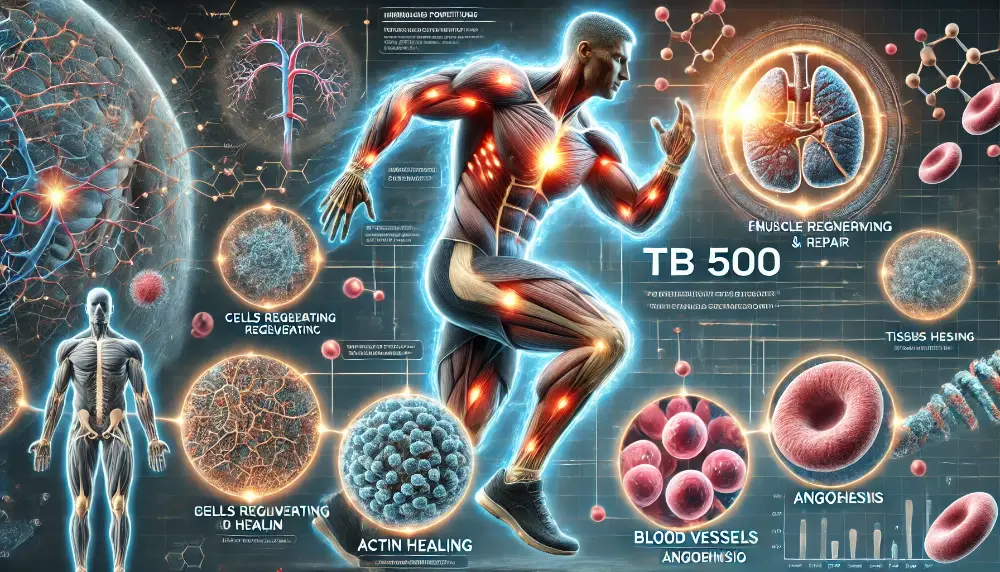Brain tumours can develop gradually, with symptoms that may be overlooked or attributed to less serious causes. This instance makes early detection challenging, especially in the absence of obvious or severe signs.
Family members, who observe their loved ones daily, are often in the best position to identify subtle and persistent changes that could signal a problem. Recognising the symptoms of a brain tumour early and seeking prompt advice from a neurosurgeon can make a significant difference in diagnosis and treatment planning.
Recognising Behavioural and Personality Changes
Behavioural changes are among the earliest and most easily overlooked indicators. These can include increased irritability, sudden disinterest in activities once enjoyed, or a tendency to withdraw from social interactions. A person, in some cases, may become more impulsive, unusually aggressive, or show poor judgment. The tumour’s position in the brain determines which functions are affected, and in areas linked to personality or emotional control, even small growths can cause noticeable shifts. While stress or life changes can cause mood fluctuations, changes that persist without explanation should be taken seriously.
Monitoring Cognitive and Memory Decline
Cognitive decline is another key warning sign. This sign can manifest as difficulty focusing, forgetting important tasks, or losing track of conversations. Family members may notice an unusual reliance on notes or reminders, or an inability to process new information efficiently. The individual, in some cases, may appear confused in familiar settings or struggle with decision-making. Although ageing can contribute to mild forgetfulness, the rapid onset or escalation of these symptoms should be investigated, as brain tumours can disrupt the brain’s memory-processing centres.
Identifying Speech and Communication Difficulties
Speech issues can range from subtle hesitations to more obvious slurred speech or difficulty forming sentences. Some people may use incorrect words without realising it or have trouble understanding what is being said to them. These symptoms can be intermittent, but their recurrence should raise concern. Family members who communicate daily with a loved one are often the first to notice such changes. Once these difficulties appear suddenly or worsen over time, it is advisable to consult a healthcare professional to rule out serious neurological conditions.
Noticing Physical and Motor Function Changes
Changes in movement or coordination can also be early signs. These may include difficulty walking, an increased tendency to stumble, or a loss of fine motor skills such as buttoning clothing. Muscle weakness or numbness, especially if affecting only one side of the body, can point to a neurological cause. Since such symptoms may initially be subtle, they can easily be attributed to fatigue or minor injury. However, if they persist or worsen, further evaluation is needed to determine if a brain tumour is interfering with motor control pathways.
Watching for Vision and Sensory Disturbances
Vision disturbances are another area where family members can spot warning signs. Complaints of blurred or double vision, difficulty focusing, or losing peripheral vision should be taken seriously. Family, in some cases, may notice involuntary eye movements or a tendency to bump into objects on one side. Headaches, particularly those that are severe in the morning or accompanied by nausea and vomiting, may indicate increased pressure inside the skull. Such symptoms require urgent assessment by a neurosurgeon in Singapore to determine the cause.
Recognising Seizures and Unexplained Episodes
Seizures may present as dramatic convulsions or more subtle episodes, such as brief lapses in awareness, sudden staring, or involuntary muscle jerks. Even a single event is cause for concern for those with no prior seizure history. Family members who witness such an episode should record details about its duration, movements involved, and any triggers, as this information can assist medical evaluation. Seizures can occur when a tumour irritates or disrupts the brain’s electrical activity, and early intervention is critical.
Conclusion
Family members play a central role in identifying early symptoms of a brain tumour. Subtle behavioural shifts, changes in cognition, speech difficulties, physical impairments, visual problems, and seizures can all be early indicators that require further investigation. While these symptoms may result from other conditions, their persistence or progression warrants prompt medical review. Consulting a neurosurgeon ensures that any underlying neurological cause is identified and addressed as early as possible, providing the best chance for effective management.
Visit the National University Hospital (NUH) to get a diagnosis and determine the ideal course of action for early intervention.




